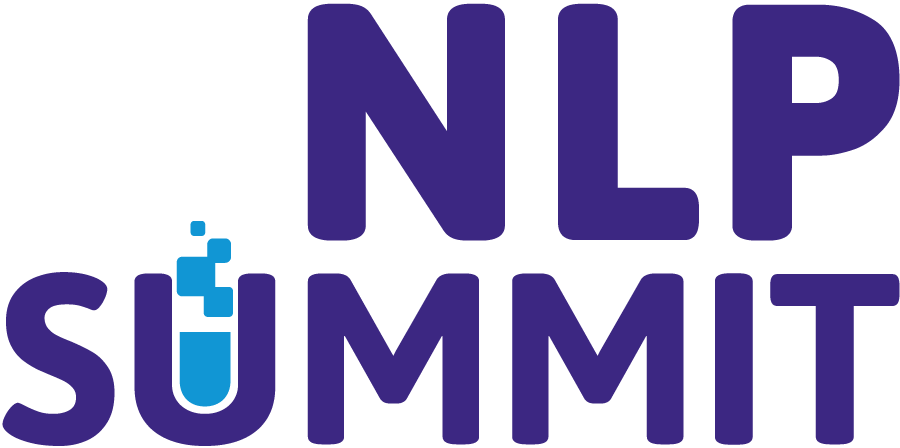Propaganda Analysis with NLP: What Can We Possibly Learn from “Fake News?”
How severe was the COVID-19 outbreak in China, really? Will Hong Kong protesters face a violent crackdown by Chinese military? What will be China’s next big moves in the post-COVID era? The Policy Chang Index (PCI), an open-source machine learning project, tackles policy questions like these by analyzing authoritarian regimes’ propaganda.
Applying recent advances in NLP, the project has developed several algorithms to monitor the People’s Daily — China’s flagship official newspaper — and make inferences about the Chinese government’s policy intentions. Similar PCI algorithms can also be developed for other authoritarian regimes with media control.

Weifeng Zhong
Senior Research Fellow, Mercatus at GMU
Dr. Weifeng Zhong is a Senior Research Fellow at the Mercatus Center at George Mason University and a core maintainer of the open-source Policy Change Index (PCI) project.
His work focuses on bridging the field of natural language processing and machine learning to economic policy studies. Dr. Zhong’s research and writings have been featured in the Financial Times, Foreign Affairs, The National Interest, Politico, Real Clear Politics, the South China Morning Post, and The Wall Street Journal, among others. He has a Ph.D. and an M.Sc. in managerial economics and strategy from Northwestern University.
He also holds M.Econ. and M.Phil. degrees in economics from the University of Hong Kong and a B.A. in business administration from Shantou University in China.

